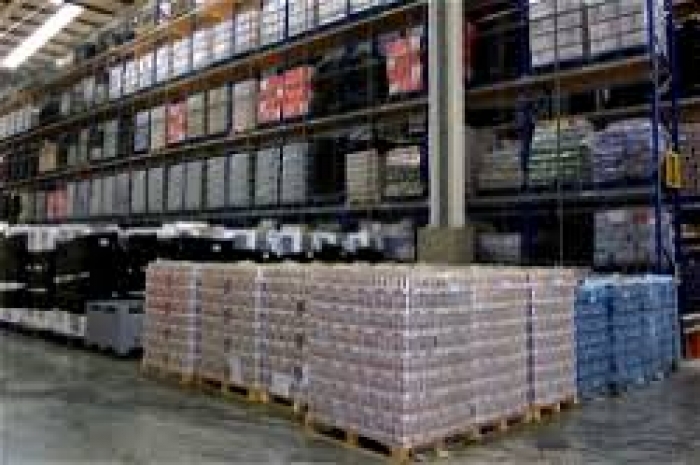June 03, 2025
CEO of $190bn chipmaker: The best career advice I ever got
by Super User
Growing up, kids always called me “scary.” Not because I was intimidating, but because I…
June 02, 2025
Afenifere blasts Tinubu: ‘Midterm report shows woeful failure, economic deforms, and rising despair’
in POLITICS
by Super User
The pan-Yoruba socio-political organization, Afenifere, has issued a scathing midterm assessment of President Bola Tinubu’s…
June 01, 2025
Her daughter was taken and sent abroad - 44 years later, they found each other
in FEATURES
by Super User
The last memory Han Tae-soon has of her daughter as a child is in May…
May 31, 2025
Tools made of whale bones reveal inventiveness of prehistoric people
in Strangely
by Super User
Artifacts found at archeological sites in France and Spain along the Bay of Biscay shoreline…
June 03, 2025
61 killed in fresh bandit attacks, communal clash in Benue
in Crime
by Super User
It was a bloody weekend in parts of Benue State, following the killing of over…
June 03, 2025
What to know after Day 1195 of Russia-Ukraine war
in WARS
by Super User
RUSSIAN PERSPECTIVE Russian and Ukrainian chief negotiators held secret private meeting Vladimir Medinsky, the head…
June 02, 2025
Opportunities and challenges unveiled: How AI revolutionizes education and mental health support
Terence Ma Tin Shu Play time helps both kids and adults in prevention and healing…
May 13, 2025
Nigeria's Flying Eagles qualify for World Cup after dramatic win over Senegal
in Sport
by Super User
Nigeria's U-20 national football team, the Flying Eagles, have secured their place at the 2025…


































































